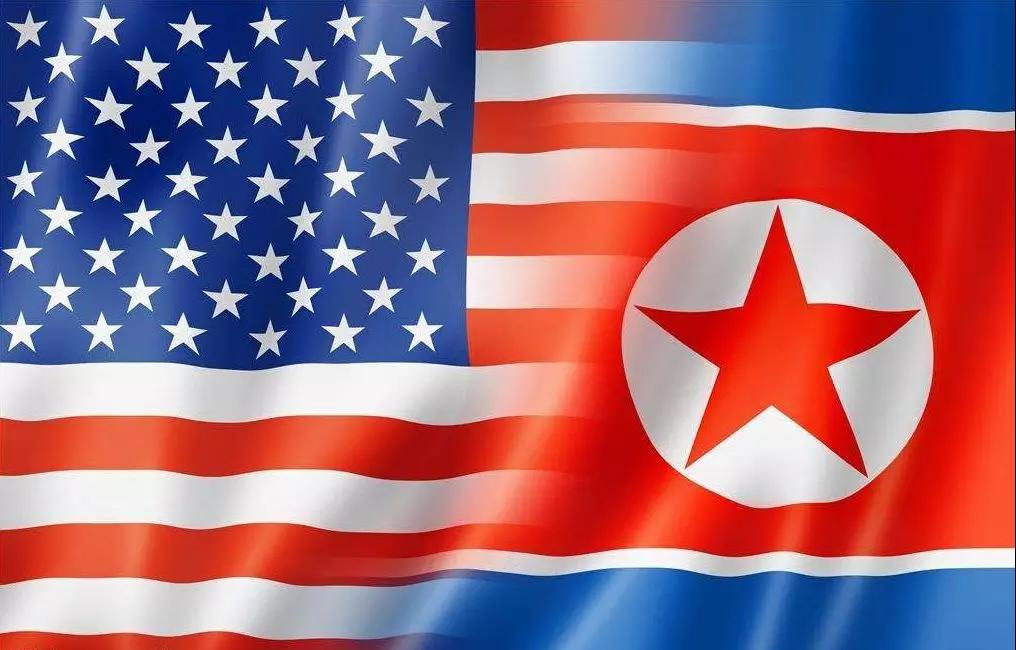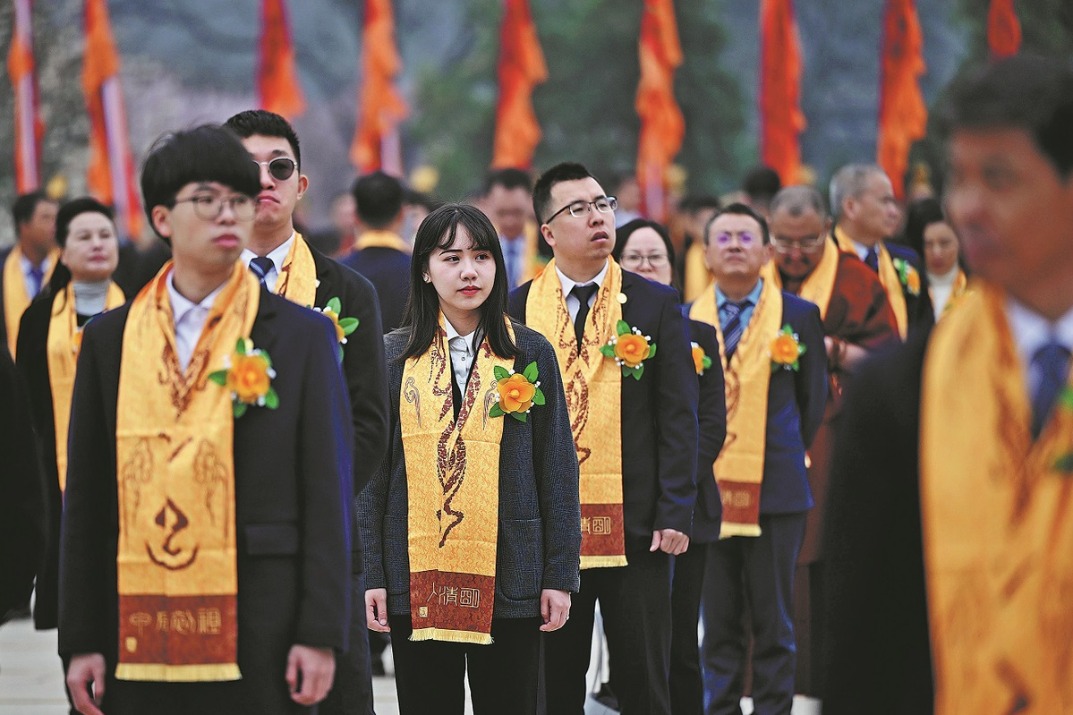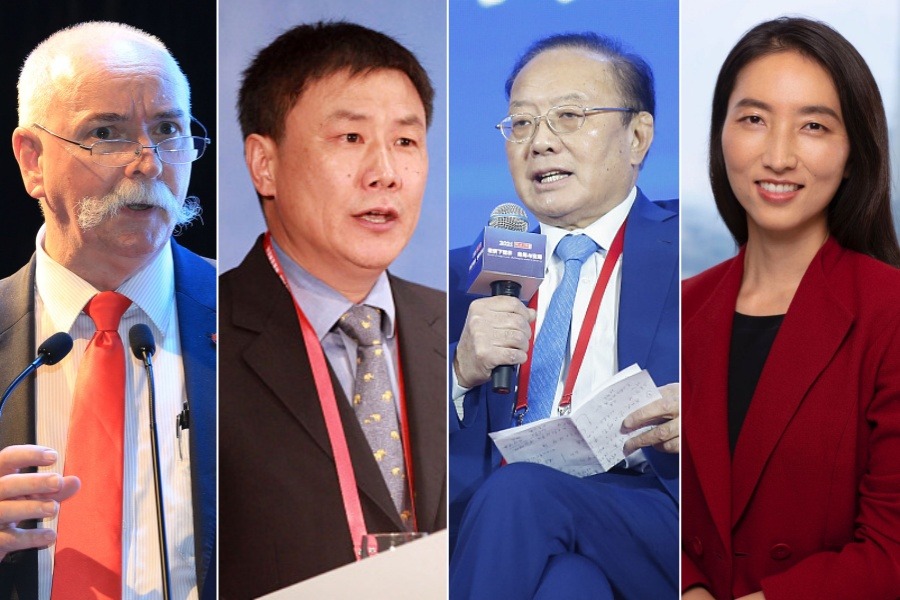Trust building is still needed for peninsula denuclearization


US Secretary of State Mike Pompeo wound up a three-day visit to the Democratic People’s Republic of Korea on the weekend. The first high-level contact between the United States and the DPRK in the wake of the historic meeting between their two leaders signals the two sides’ continuing efforts to resolve their differences and promote the denuclearization process.
Since US President Donald Trump and DPRK top leader Kim Jong-un’s summit in Singapore on June 12, there have been high expectations worldwide that the Korean Peninsula issues will be resolved once and for all. However, given the complexity of the situation, there is still a long way to go before that wish can be realized.
That Washington and Pyongyang have aired different views on the outcome of Pompeo’s visit is clear proof that the two sides still need more consultations and clarifications so that they, along with other stakeholders in the issue, can dispel mistrust and design a roadmap leading for peace and denuclearization on the peninsula.
Although Pompeo described the high-level negotiations as “productive” and insisted progress was made, the DPRK called the high-level talks “regrettable” and slammed the US demands as reflecting a “gangster-like mindset” in a statement. Fortunately, Pyongyang said it still trusts Trump, which is significant for sustaining the current good momentum.
During the Trump-Kim meeting, Washington and Pyongyang reached important agreements on principle issues. But it would be naïve to think the enmity and distrust built up over decades would simply disappear overnight.
While hammering out the details of a roadmap for denuclearization and peace, it is essential that the two sides continue high-level consultations and build greater mutual trust so that they heed each other’s major concerns. It may be, as suggested, the two countries have different understandings of denuclearization. If this is the case, it proves the necessity of continuous engagement and trust building. That the two sides have reportedly agreed to form working groups to oversee their interactions will hopefully be conducive to this.
Meanwhile, major stakeholders in the peninsula issue also need extensive communication so as to build a broader consensus among them. After all, there should be no turning back the historic momentum on the peninsula as it conforms to the common aspirations of the international community for denuclearization and peace.
Today's Top News
- US betrays its conscience by vetoing Palestine's UN entry
- China's growth offers opportunities to Europe
- FM urges US to drop sense of superiority
- IT, high-tech makers power industry in Q1
- China 'disappointed' at US veto of Palestinian full UN membership
- China opposes trade probe by US






























